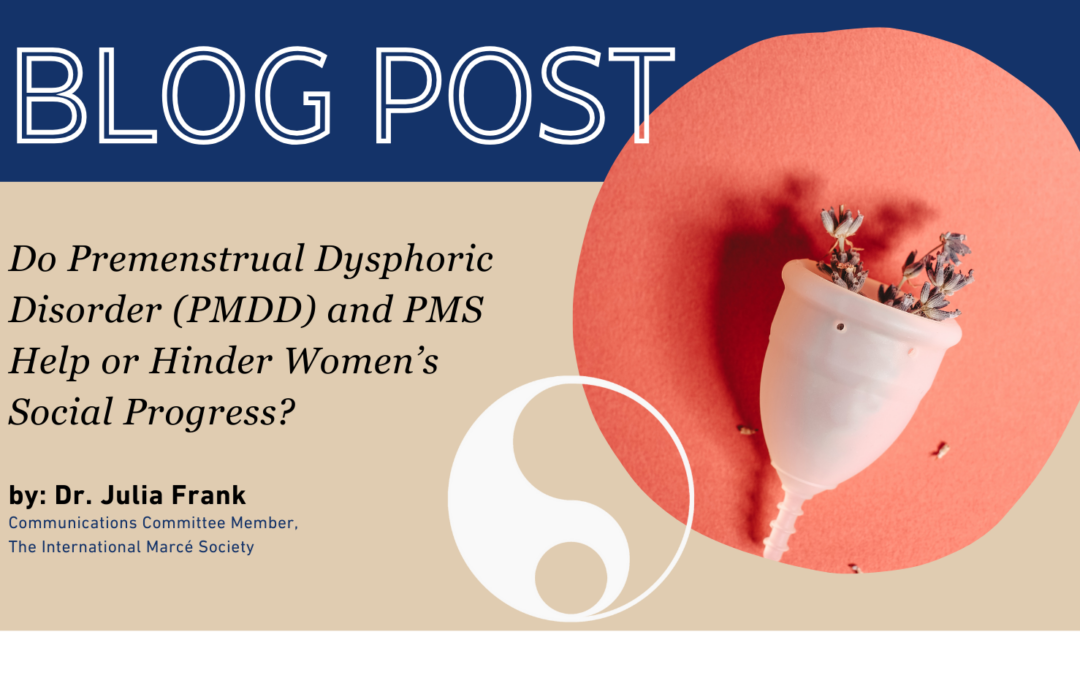Now in my 70s, in high school I was offered a “monthly” excuse from gym. While I was glad to be spared the embarrassment of leaks and stains, I did not know this privilege (or handicap) stemmed from a view of menstruation as a female disability, an important element in the fight for the higher education of women and women’s participation in positions of influence and in public life.
The story dates to the mid 19th century. Dr. Edmund Clarke, a well-known professor at Harvard Medical School, provided a plausible, utterly misguided “scientific” rationale for the belief that menstruation drained women of the energy needed to reproduce and maintain the species. His widely read book “Sex in Education: A Fair Chance for the Ladies” (1870) proposed that women should rest for one week per month and avoid all strenuous activity, including any kind of sports. Clarke also counseled against intense intellectual activity, believing it, too, taxed women’s vital reproductive energy. Dr. Mary Putnam Jacobi, a legitimate scientist, conclusively refuted Clarke’s claims (1877)1. She showed that far from being harmed, women of reproductive age can thrive when challenged to exercise their bodies and minds. The expansion of women’s higher education owes a great debt to Jacobi, but Clarke’s views continued to influence views of women’s capacities; hence, the menstrual excuses I was offered.
That was then, this is now. Despite their overall benefit to women, current professional views about menstrual distress have subtle but mixed consequences for women (and trans men with internal female organs, especially if they suspend hormonal treatment to facilitate pregnancy). Professional wisdom states that cramps, bloating, irritability and fatigue (Premenstrual Syndrome or PMS), are not a disease. Monthly excuses are as outdated as the Princess phones of my adolescence. On the other hand, major depression during the luteal phase of the menstrual cycle (Premenstrual Dysphoric Disorder or PMDD), is a recognized medical condition. The differentiation of these two views about menstruation legitimize the distress of some but minimize it for others.
Professional recognition benefits those whose conditions match existing categories and who respond to treatment. But those who fall into the no man’s land of atypical symptoms, poor treatment response and multiple comorbidities may find themselves stranded. Severe but undiagnosable menstrual distress resembles fibromyalgia, IBS and other painful conditions that cannot be tied to dysfunctions of a particular organ or process. Such conditions may reflect central sensitization (CS), the way someone’s brain may amplify or generalize rather than suppress unpleasant sensations. This mechanism is postulated, but not conclusively proven, in a host of painful conditions (Yunnus 2007)2, including dysmenorrhea and vulvodynia (Torres-Cueco and Nohales-Alfonso, 2021)3. A different line of research associates various conditions in which CS may play a role with prior psychological trauma ranging from sexual trauma to medical/gynecological procedures that are painful or frightening. Prolonged stress, including poverty, discrimination and other forms of social disadvantage or stress also affect the development and expression of pain, depression, and disability. Such factors fall outside a strict medical model of disease. In consequence, medical professionals, teachers, bosses and peers, may look askance at people who experience serious or disabling pain, including pain related to female reproductive organs that cannot be traced to a specific pathology or whose symptoms do not “meet criteria” for a known psychiatric disorder.
Countering the harm of disbelief and neglect of gendered pain should not require return to a world in which all women by virtue of their reproductive status are offered special treatment that may limit their opportunities for full participation in social life. Yet some women need and deserve more care and understanding than strict gender equality allows. The solution to this problem is not to abandon medical values but to expand them, to adopt the principles of patient-centered and trauma informed care. Women who meet criteria for PMS and PMDD, and those who don’t, deserve to be seen both as exemplars of general conditions and as individuals in unique circumstances with unique personal histories. Not everyone needs a monthly excuse or accommodation from an educational institution or a workplace, but some will. Clarke was culpably wrong in his views of women’s needs, but respect, flexibility and empathy remain unfulfilled needs in medicine and psychiatry’s approach to reproductive health.
By: Dr. Julia Frank, Communications Committee Memeber of The International Marcé Society

